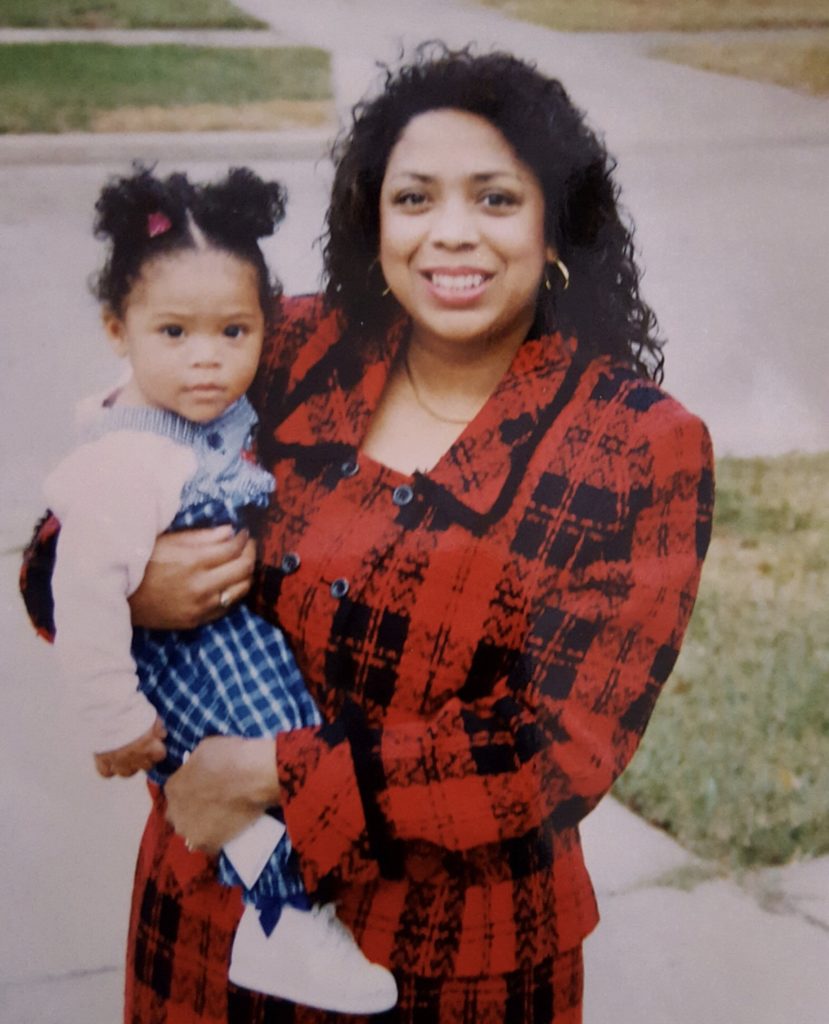
The women in my family are notoriously bad cooks. Growing up, I spent my summers running barefoot and catching fireflies at my Grandmother Carol’s house in the inconsequential town of Newark, Ohio. With small, grubby fingers and my signature pigtails, I would pull myself onto her kitchen counter to watch her carelessly throw ingredients together. A proud woman, she had no use for recipes and made changes as she saw fit. If a recipe called for a tablespoon of sugar and she was fresh out, a pinch of salt will do. They look the same, anyway.
I spent my spring breaks with my Aunt Cyndi in the shanty town of Brunswick, Georgia, where we sang Bob Marley and the smell of incense seeped into my clothes. Like a scientist staring into test tubes, Aunt Cyndi, her long dreadlocks clipped back, whisked egg yolks with an absurd amount of French vanilla coffee creamer. The result was off-white scrambled eggs that made my mouth pucker from the saccharine taste.
The cook in my family was my father. When it was his night to cook, which was more often than not, he’d make us homemade green curry, bowls of couscous, steaks and salmon patties. When it was mother’s turn, we’d usually get boxed dinners from the freezer aisle or a rotisserie chicken. Like my brown eyes, my cooking skills seemed to have come from my mother’s side of the family. I’m now on a first-name basis with my delivery guy, and if GrubHub had a customer rewards program, I’d be the spokesperson.
Still, the few meals my mom did make were always my favorites. The best surprise was when walked into the kitchen, her arms full of grocery bags, and cheerfully announced, “It’s lasagna night!” In truth, it was a simple, uncomplicated version of lasagna. Just a meat sauce spread across a nonstick pan, a drizzle of egg wash to hold the ground beef together, handfuls of cheese, and then thick noodles shaped like wooden planks. Sauce, cheese, noodle, repeat. As a child I sat opposite her on the kitchen counter, tiny legs swinging and knocking back against the cabinets as I watched her assemble each part. As I got older, I began to help and we’d sing karaoke to our favorite songs as we layered the ingredients
During winter break of my sophomore year in college, I drove four hours to my home in Orlando, Florida. As I ransacked the fridge for a snack, a sour smell drifted from the back. After wading through a mountain of Christmas leftovers, I found an old, slightly discolored package of beef. “It was supposed to be a surprise,” my mother said when I showed her the bad meat. She playfully smacked her forehead and let out a gentle laugh “I guess the jig is up! We’ll just have to buy a new pack when we go back to Winn Dixie.”
Later that night, we sat together in the family room watching “Murder, She Wrote” reruns and cheering as Jessica Fletcher once again caught the killer. Looking at the clock, my mother leaned over and said, “if this marathon continues, might as well call out from work tomorrow.” I laughed, but when I turned to her, she had a curious look on her face. With an uncertain laugh she said, “What’s so funny?” I said, “You don’t work, mom. You left the diocese five years ago.”

My mother was diagnosed with dementia in 2016. At first, it was gradual–a forgotten load of laundry, a misplaced phone, lost keys. Then she started to forget her pills, or go 24 hours without eating. A span of five years disappeared in a bat of her long eyelashes. She continued to drive to the grocery store, excited to pick out lasagna ingredients to surprise me. Weeks later, without fail, I’ll find rotten food on our fridge shelf.
My mother’s relationship with food has always been strange. A professional-level snacker, she’s a picky eater who rarely gets hungry. While my father and I would finish our meals, sometimes going back for seconds, she would barely eat half of what was on her plate before excusing herself. Her memory loss has not improved her eating habits, at all. Most days, it’s like arguing with a toddler. She sticks her nose in the air while I follow behind her, begging her to eat something. Anything.
One morning last July, my mother’s appetite briefly reappeared and an unquenchable fear sat in the pit of my stomach: When I struggle to flip a perfect omelet I worry that I may inherit more than my mother’s terrible cooking skills. I try not to think about it. Instead I call her three times a day to make sure she eats.
Tags: bad cooks, Dementia, family traditions, Lasagna